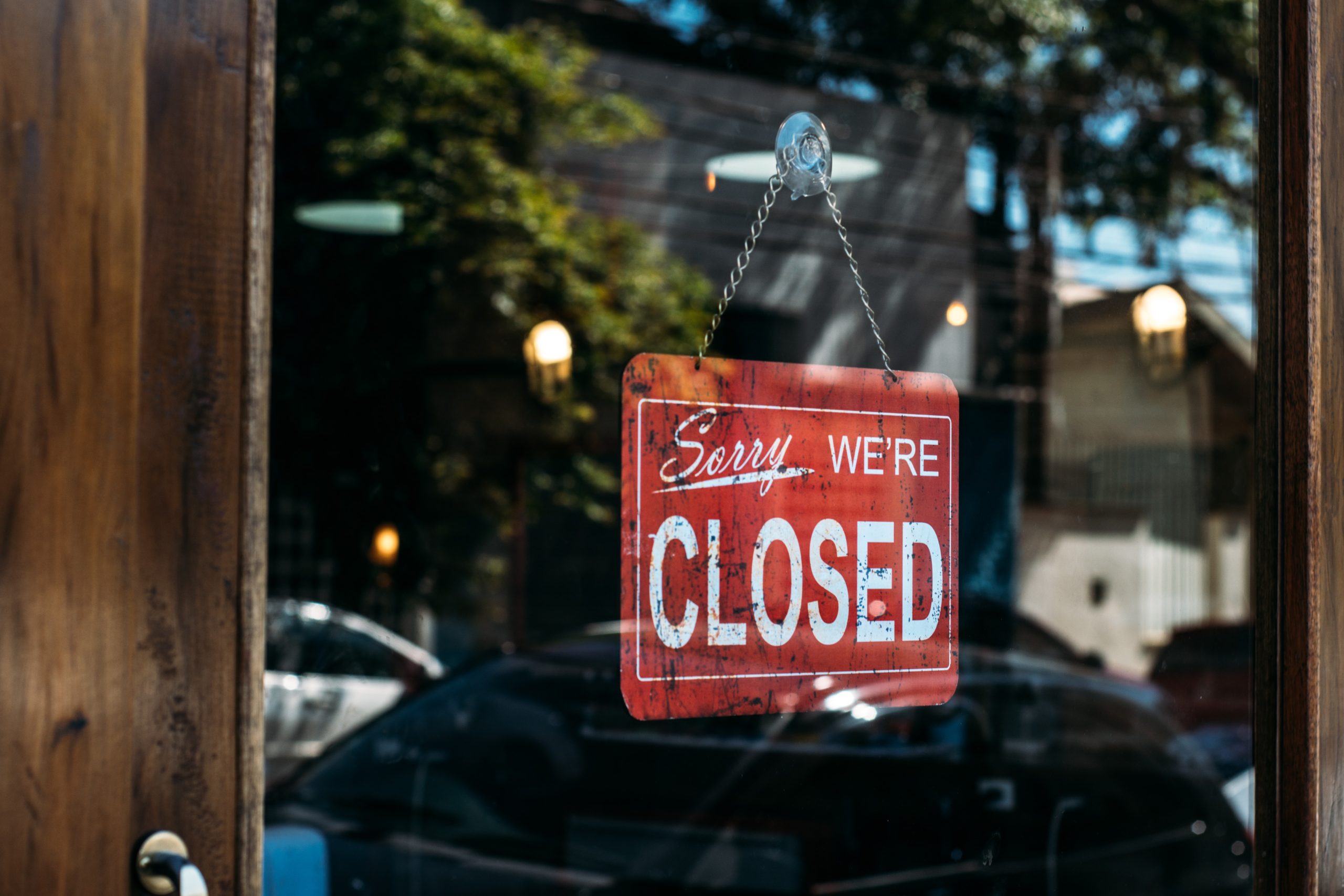
Covid-19 and the State of Small and Medium Enterprise in Morocco
“I think the past two years have been quite traumatic for humanity. It exposed the way leaders were becoming too nationalistic instead of being global and we’ve seen the devastating impact across the continents.”
~ Tony O. Elumelu, CON
Small and medium enterprises (SMEs) are possibly the hardest hit in all the countries, and this implies that there is need for special economic revitalization programmes and packages. Report from Statistica shows that as of March 2, 2022 the total number of confirmed COVID-19 cases in Morocco was 1,161,290. This makes Morocco the second most affected country on the Continent, with South Africa leading.
Small and medium-sized enterprises constitute 92% of the Moroccan economic fabric, and they are among the most seriously affected by the current pandemic. Small and medium enterprises are likely to be severely affected, as they tend to be more concentrated in sectors that have been directly affected by COVID-19 response measures and are typically more credit constrained than larger businesses. Importantly, small businesses make up the majority of companies, and are responsible for a substantial fraction of employment.
According to Global Entrepreneurship Monitor (GEM) 2020 Entrepreneurial Activity Review, Morocco experienced a difficult 2020 economically, with the pandemic having a significant impact on several key measures of entrepreneurial activity, leading to the shutdown of many businesses. At the level of the general population, 71% of Moroccan adults (18–64) reported a loss of overall household income as a result of the pandemic. This was one of the higher rates among GEM economies.
One response to this economic reality remains an irony as Morocco’s adult population increased its intention to start a business within the next three years, from 42% in 2019 to 49% in 2020. This was the largest increase, proportionally, of any GEM economy. This might lead to the assumption that most of this increase came from pandemic-driven necessity; however, only 50% of those prospective entrepreneurs stated that this was influenced by the pandemic, suggesting a collection of other factors driving this fairly large rate of aspiring entrepreneurs in Morocco. On one hand, Morocco’s Total early-stage Entrepreneurial Activity (TEA) rate declined from 11.4% in 2019 to 7.1% in 2020, meaning that many of 2019’s prospective entrepreneurs (42%) did not make the leap into actively starting a new venture. A substantial 82% of those Moroccan respondents currently involved in TEA see no new opportunities as a result of the pandemic. A more alarming 95% of those in the Established Business Ownership (EBO) category also see no opportunities.
This presents us with a dual impact of covid 19 on small and medium-sized enterprises (SMEs) in Morocco; where a percentage of the adult population have increased intention to start a business within the next 3 years, while Established Business Ownership (EBO) see no opportunities. While others lost businesses, some saw opportunities.
Recommendations for Equitable and Sustained Recovery
Given the number of businesses that have had to fold up, we propose revitalization programmes for entrepreneurs. Such programmes may include special lending programmes, entrepreneurship education emphasizing innovation and digitizing entrepreneurship etc. Entrepreneurs and start-ups should be more opportunistic during this period, pivoting their businesses through some kind of “repurposing” and redirecting existing knowledge, skills, people and networks to suit current needs.
~ Author: Eniye Aduwari
